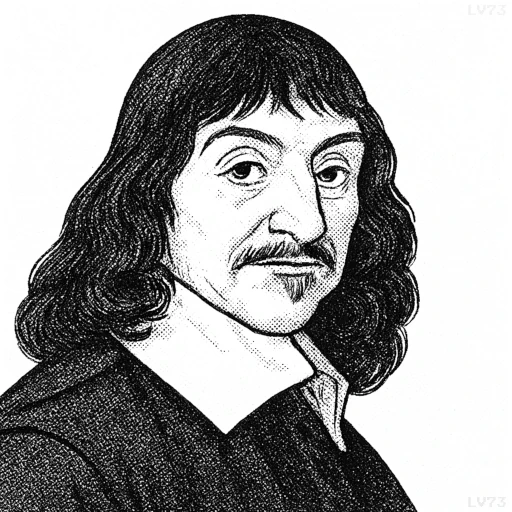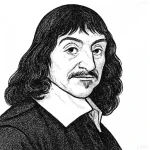“Except our own thoughts, there is nothing absolutely in our power.”

- March 31, 1596 – February 11, 1650
- French
- Philosopher, Mathematician, Scientist, Father of Modern Philosophy
table of contents
Quote
“Except our own thoughts, there is nothing absolutely in our power.”
Explanation
Descartes here expresses a fundamental truth about human autonomy and control: the only domain over which we have absolute authority is our inner life—our thoughts. Everything else—our bodies, possessions, even our circumstances—is subject to external forces beyond our complete control. This reflects Descartes’ dualistic philosophy, where mind and body are distinct, and the mind alone is the seat of certainty and freedom.
In the 17th-century context, this statement aligns with Descartes’ rationalist response to uncertainty and instability. As religious wars and political unrest shook Europe, Descartes sought a firm foundation for knowledge and selfhood. By retreating into the clarity of thought, he found a realm untouched by doubt or fate. This idea laid the groundwork for later philosophies that emphasized individual will, including aspects of existentialism and liberalism.
Today, this notion has powerful applications in psychology, ethics, and stoic philosophy. In a world often dominated by uncontrollable events—from economic crises to natural disasters—we are reminded that our reactions and mental framing remain within our grasp. Techniques like cognitive behavioral therapy and mindfulness echo Descartes’ insight: by mastering our thoughts, we reclaim a measure of freedom and resilience in an unpredictable world.
Would you like to share your impressions or related stories about this quote in the comments section?

